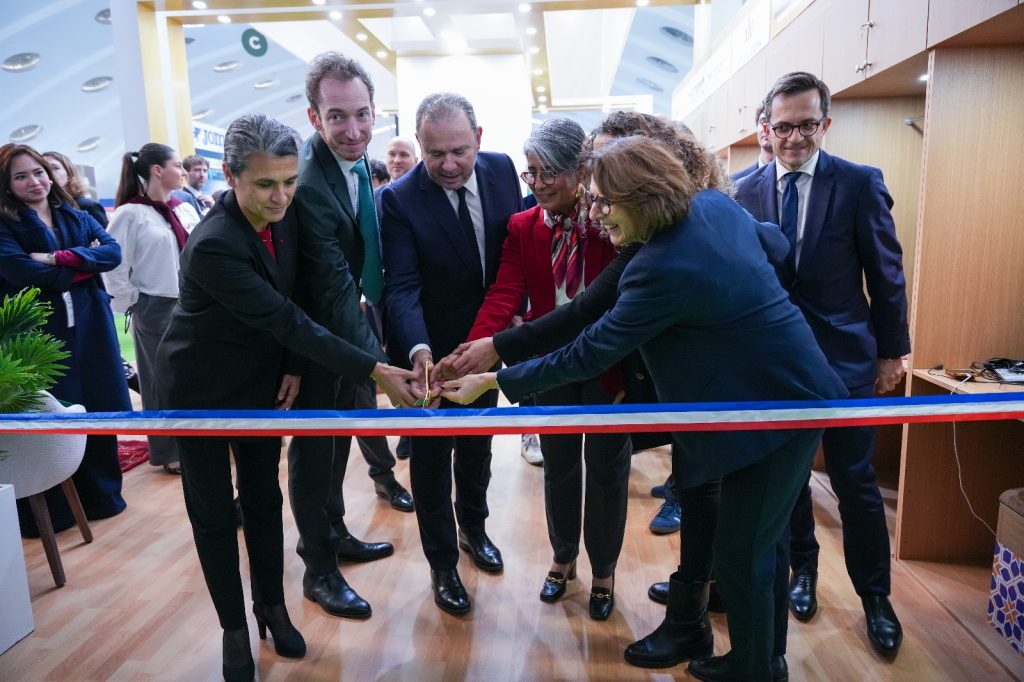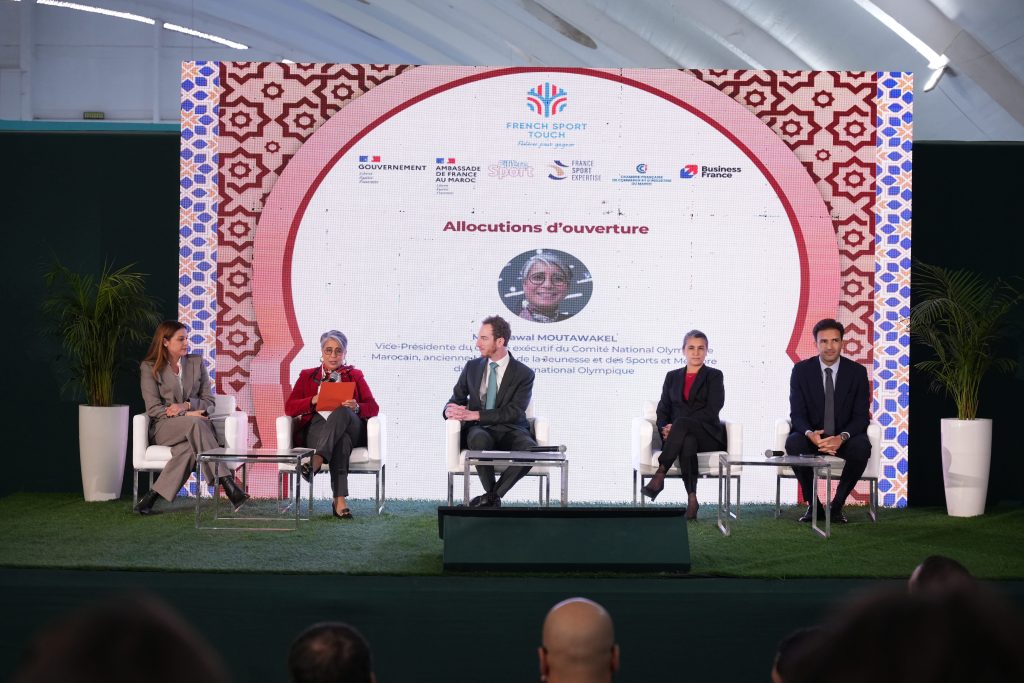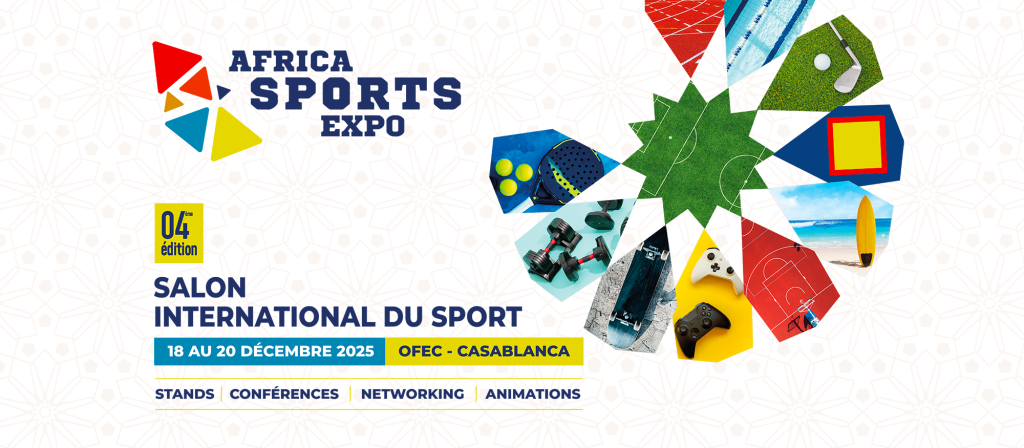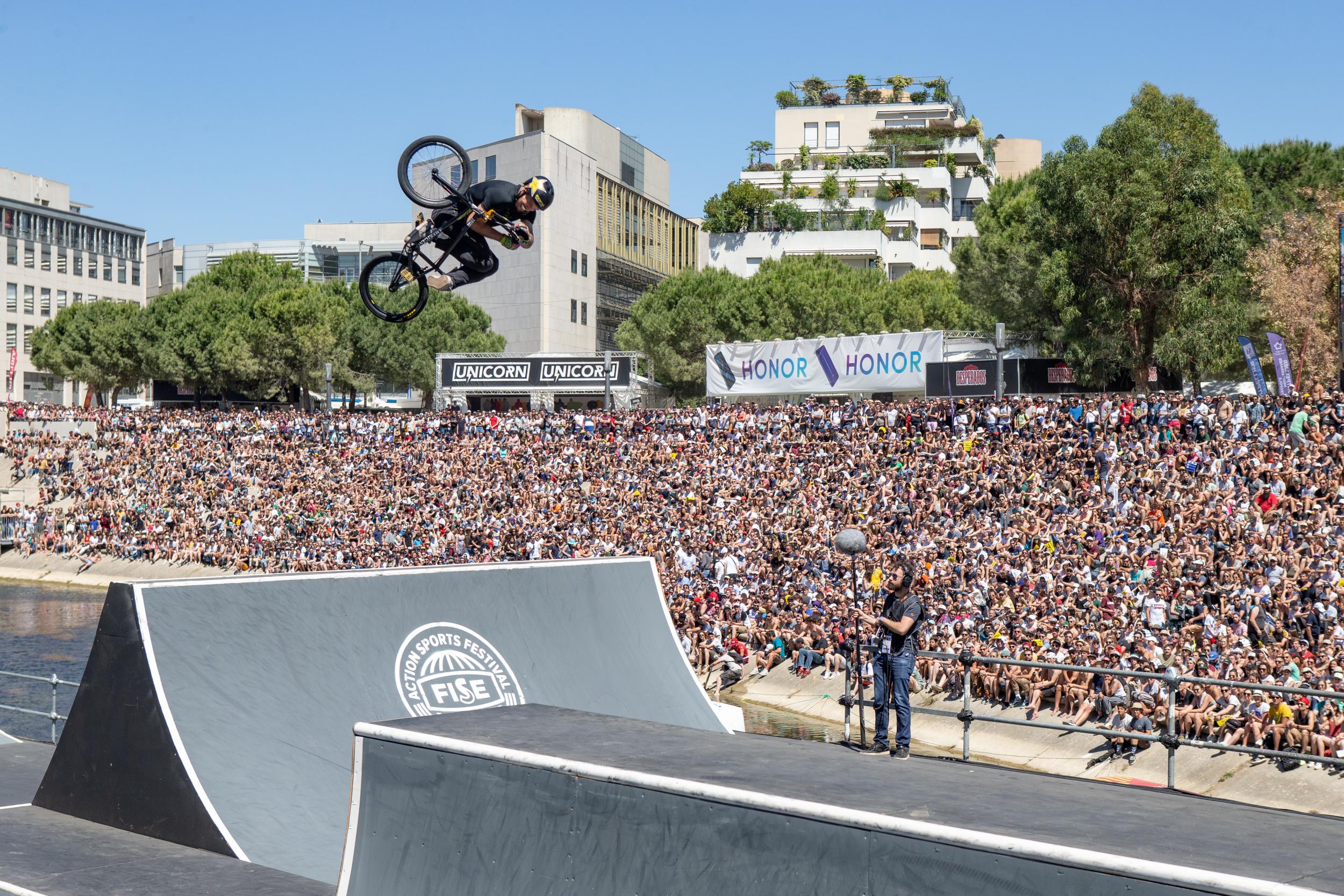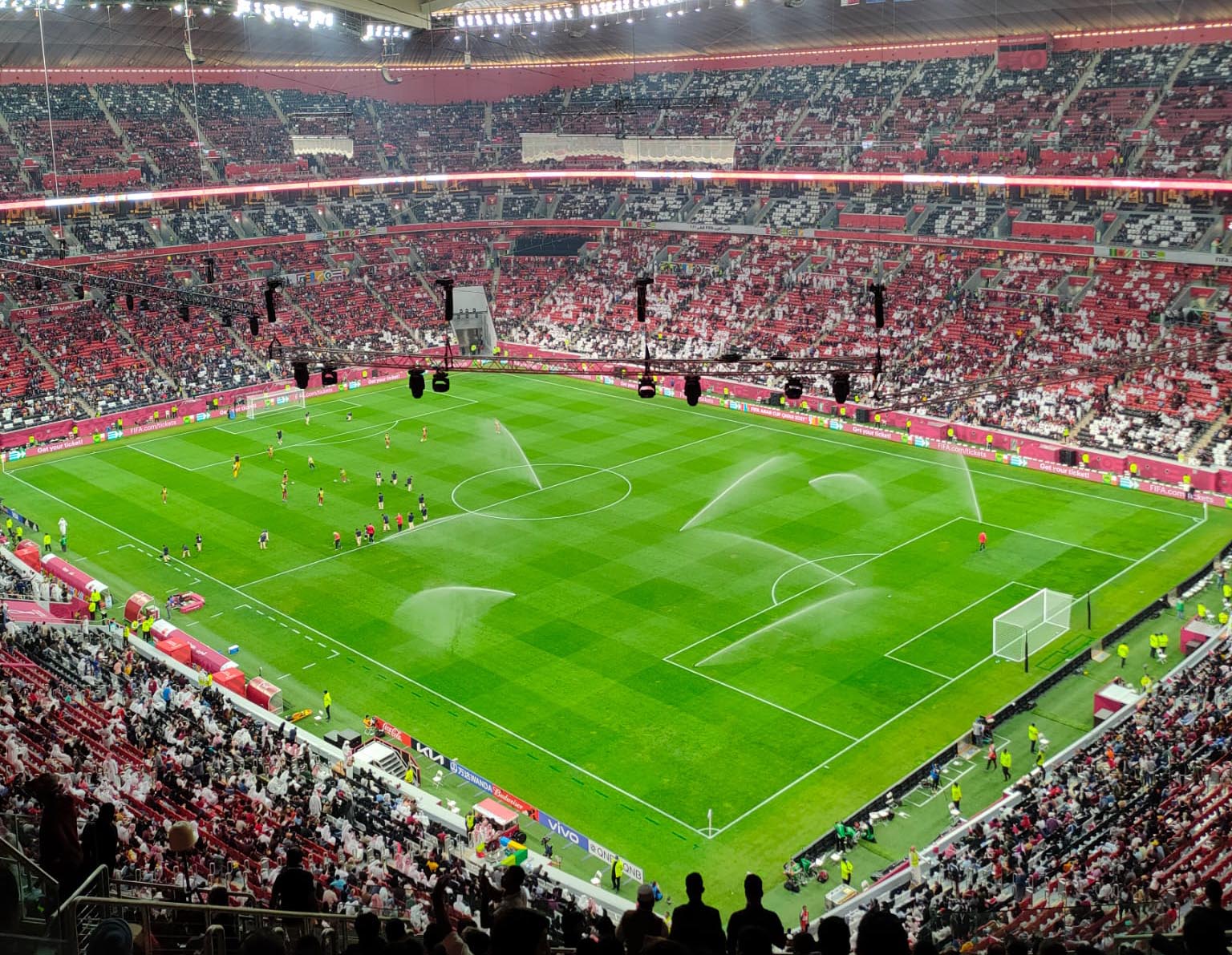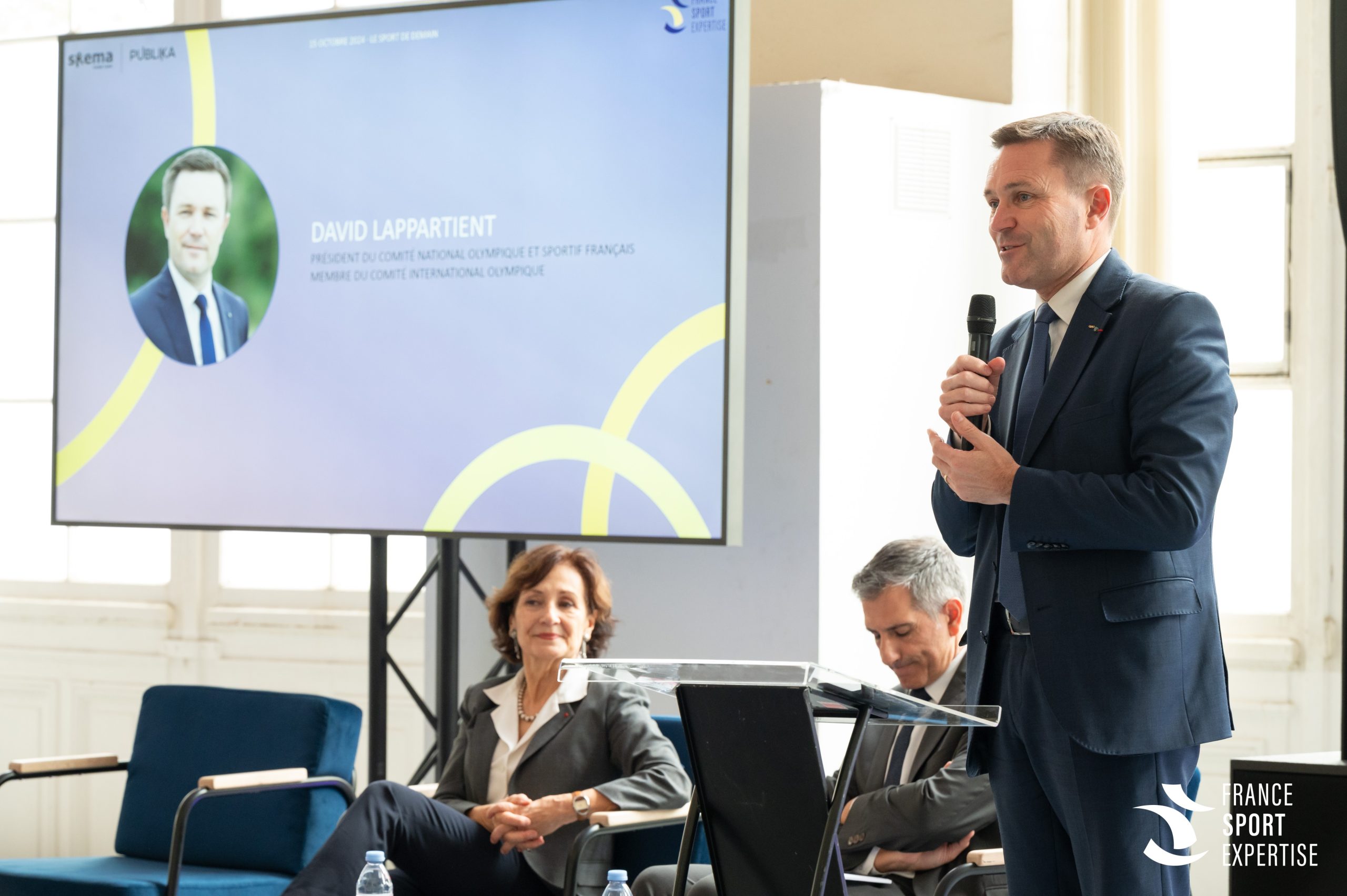
On October 15, the Aérogare des Invalides in Paris hosted the conference “The Sport of Tomorrow, New Wealth,” co-organized by GIE France Sport Expertise and Skema Publika. This event brought together over 150 participants and 20 renowned speakers for four round tables, offering an afternoon rich in discussions and reflections on the economic, social, and governance perspectives of sports.
To kick off the afternoon, David Lappartient, President of CNOSF, and Bruno Lartigue, Director of Institutional Relations for GL Events, each delivered speeches and wished participants a fruitful afternoon of discussions.
Claude Revel, President of GIE France Sport Expertise and the Skema Publika think tank, then introduced the conference. Sports, as a focus of major societal and economic expectations, stands out as a key sector with political and geopolitical stakes. The October 15 conference, organized by Skema Publika and France Sport Expertise, explored the future of sports, its practices, and models, with a focus on lessons learned from the Paris 2024 Games. Skema Publika, a think tank, and France Sport Expertise, a private player in the sports industry, combine their expertise to enrich public debate and propose strategic recommendations.
Round Table 1: The Economic Wealth of Tomorrow’s Sports
Paul Guiraud, General Manager of GIE FSE, moderated the first round table focused on the financial stakes of sports. Karim Ben Rejeb, Managing Director at JP Morgan Chase & Co, and Bruno Rivet, Investment Director at Seventure, explored the motivations behind increasing investments in sports, notably the transformation of the sector into a genuine financial asset. Victoriano Melero, General Manager of PSG, discussed the relationships between clubs and investors, while Cédric Messina, Founder and President of MyCoach, and Pierre-Louis de Guillebon, CEO of Orange Events, shared insights on the impact of sports data and opportunities for businesses.
Round Table 2: The Social Wealth of Tomorrow’s Sports
The second round table highlighted the civic dimension of sports. Bénédicte Rouby, Chief Client Officer at Keneo, engaged Ivan Coste Manière, Professor at Skema, on the role of volunteerism in strengthening social bonds. Arthur Le Vaillant, a committed navigator, shed light on the connection between sports and the environment. Lastly, Guillemette Petit, General Manager of Play International, discussed the role of NGOs in using sports as a vector of peace and solidarity.
Round Table 3: The Wealth and Power of International Sports Models
This third session, moderated by Sean Scull, addressed new international sports models. Xavier Malenfer, Director of International and Institutional Relations at FIA, presented the transition to esports, while Charles Rozoy, Paralympic champion, shared his experience illustrating the evolution of Paralympic models and the acceptance of differences.
Round Table 4: The Values of Sports – Governance for Tomorrow?
Claude Revel, President of GIE FSE, concluded the debates by moderating this final round table. Alexandra de Navacelle de Coubertin, President of the Pierre de Coubertin Family Association, recalled the foundations of the Olympic spirit. Philippe Bana, President of FFH, discussed the role of federations in governance, and Olivier Peyrat, CEO of AFNOR, highlighted the importance of standards in sports regulation. Gustavo Merino, Director for Social Policies at UNESCO, addressed UNESCO’s efforts to promote ethical and inclusive sports practices.
Conclusion and Key Takeaways
To conclude the conference, Cédric Roussel, Ministerial Delegate for the Olympic and Paralympic Games, delivered an inspiring closing speech.
The conference discussions highlighted several fundamental areas for the future of sports. Key takeaways include:
- Sports as a vehicle for economic diplomacy, particularly through innovations, and a field of action for the French collective.
- Investments in French sports are not new; their management, as exemplified in the U.S., can help foster the emergence and consolidation of national economic players.
- The digitization of sports, including traditional sports and esports, is driving new technologies. Mastery of data production, processing, and exploitation chains is essential for economic development, athletes, and job creation in France. Public authorities play a crucial role in this.
- “A sports club is now a mission-driven enterprise”: Federations can also foster diverse profiles in terms of origins and commitments. Communication is critical to highlighting sports betting and inclusion needs.
- Volunteerism and the role of NGOs in France and abroad are major tools for sports education and global educational development.
- The recent Olympic Games and Paralympics have shown the benefits of “active, sporting, and inclusive urban design” for promoting health, movement, and combating sedentary lifestyles. The social charter and environmental impacts of the Games set examples for the future.
- National sports models differ, especially regarding professional/federation/amateur architectures versus closed leagues/spectacles/risk minimization. Exporting these models does not necessarily lead to uniformity.
- The humanistic Olympic ideal (excellence, respect, unity, diversity) is more essential than ever in a divided world. Paris 2024 has undoubtedly marked a strong turning point in terms of sustainability and responsibility. Its legacy should be a sustainable development accelerator.
- Public policies are essential for sustainable governance. They must pursue a clear trajectory and remain stable over time. Despite the undeniable success of the Games, current gaps must be addressed: “Without a Heritage Law within six months, there will be no legacy.”
- International governance: Voluntary standards should complement legal frameworks. UNESCO, as the UN agency responsible for sports, plays an active role in issuing initiatives and recommendations to states, particularly encouraging ethical sports practices.
GIE France Sport Expertise thanks all speakers and participants for this day of exchange.
